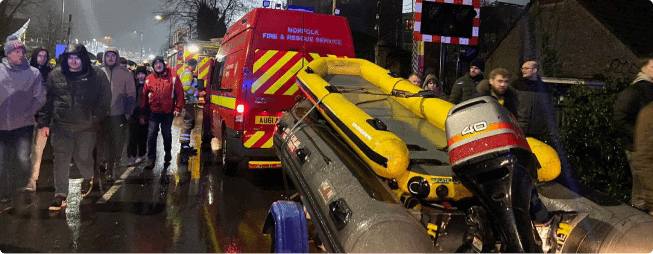Norwich Emergency Services
For Africans looking to settle in Norwich Emergency services include police, fire departments, and emergency medical services (EMS), all vital for public safety during crises. Coordinated through the Norfolk Resilience Forum, these services prepare for incidents like floods and fires. The Norfolk and Norwich University Hospital (NNUH) provides a 24/7 Accident and Emergency department, catering to urgent medical needs. Specialized units within the hospital address the specific requirements of children and older adults. Overall, Norwich’s emergency services ensure rapid and effective responses to protect the community.
Hospital and Clinic Location
In case of emergency and any illness of any Africans, the key hospitals include the Norfolk and Norwich University Hospital (NNUH), Norwich Community Hospital, and Spire Norwich Hospital. The NNUH is a large NHS teaching hospital with extensive services and academic partnerships. Norwich Community Hospital offers specialist rehabilitation services, while Spire Norwich Hospital provides private healthcare services. These hospitals play vital roles in providing comprehensive healthcare to the local community, offering a range of treatments and facilities to meet diverse medical needs. The city of Norwich offers a diverse range of GP clinics, both NHS and private, catering to the healthcare needs of the local population. Residents can access comprehensive medical services, personalised care, and immediate attention through these various GP clinic options.
Norwich Practices Health Centre, the Regent Street Clinic: Provides private GP consultations and services, with a focus on quality, respect, and patient-centred care. Norwich Private GP Services, Dr Mo Private Clinic is dedicated to providing high-quality private healthcare services, located on the edge of Eaton Park. NHS GP Practices in Norwich: Residents can choose from 26 NHS GP practices in the city centre, including Gurney Surgery and Adelaide Street Health Centre.
Emergency Hotline Numbers
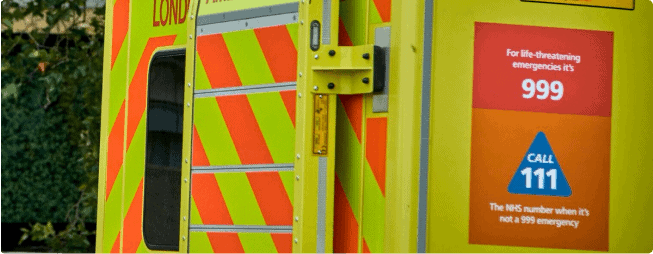
These emergency hotline numbers in Norwich play a vital role in providing immediate assistance, support, and guidance during critical situations. Whether facing a medical emergency, housing crisis, mental health issue, or urgent social care need, these contact numbers ensure that individuals can access help promptly and efficiently.
Emergency Department: Immediate medical assistance at +44 1603 286286. (ii) Emergency Services at 999, Police (non-emergencies) at 101, and Norwich City Council at 0344 980 3333. (iii) Shelter Services: National Helpline at 0808 8004444 for homelessness and housing concerns. (iv) Emergency Duty Team at 0344 800 8020 for urgent situations and social care needs.
Poison Control Information
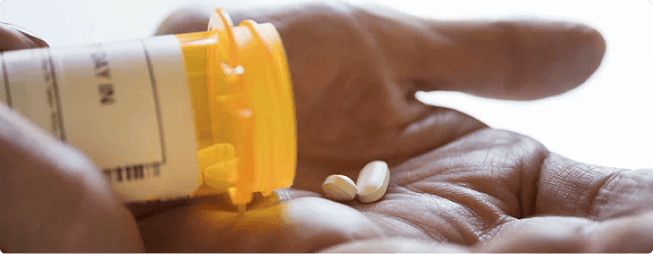
Emergency Department: Phone: +44 1603 286286 Service: Immediate medical assistance for poisoning emergencies. Or contact the Connecticut Poison Center. Help is available online at https://www.webpoisoncontrol.org/ or by phone. Both options are free, expert, and confidential.
Natural Disaster Preparedness Tips

It’s advisable for Africans to sign up for local emergency alerts and notifications and monitor weather forecasts and warnings from reliable sources. Establish a communication plan with family members and Identify evacuation routes and meeting points.
Always pack essential supplies like water, food, first aid, and important documents. When packing, include additional items like flashlights, batteries, and a portable radio. Familiarise yourself with local emergency services and community resources, and build a network with neighbours to support each other during emergencies. Lastly, consider taking first aid and CPR training.
First Responder Contact Details
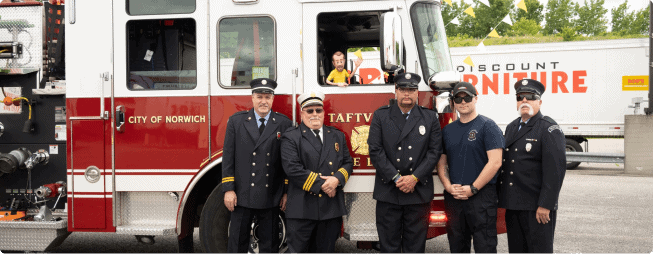
Africans who need immediate assistance, training, and support services for various emergencies and situations. Whether you need medical help, mental health support, or training for first aid, these resources are available to ensure timely and effective responses in Norwich.
Emergency Services Phone: 999 (Emergency Services) and First Response First Aid contact: 01543 372888 (Location: 118 London Road, Walsall, WS8 7BW)
Other Support Services like (i) Samaritans: 116 123 (ii) HOPELINEUK: 0800 58 58 58 (iii) Age UK: 0300 123 3393 (iv) Norfolk Children and Young People Health Services: 0300 323 0400
Roadside Assistance Services

Roadside assistance services in Norwich offer vital support for drivers experiencing vehicle breakdowns, providing services like towing, jumpstarts, fuel delivery, tire changes, and lockout assistance. These services are essential for ensuring prompt assistance and safety on the road. Costs vary based on coverage levels, with annual subscription models offering different tiers of membership for varying needs and budgets. While some may question the cost, the peace of mind and convenience provided by roadside assistance, especially in remote areas, make it a valuable investment for many drivers in Norwich.
Urgent Care Guidelines
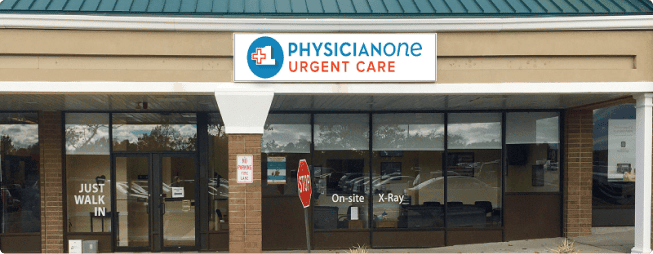
Africans in need of urgent care centres in Norwich can always get treated for walk-in services for non-life-threatening conditions, including occupational health. The providers are physicians, nurse practitioners, and physician assistants. They are available in convenient hours with quick wait times and comprehensive treatment for a wide range of medical conditions. Examples of services offered at urgent care centres in Norwich include physical therapy, treatment for injuries and illnesses like sprains, broken bones, coughs, colds, and flu, as well as speciality medical services like travel health, orthopaedics, and physiatry.
Emergency Training Workshops
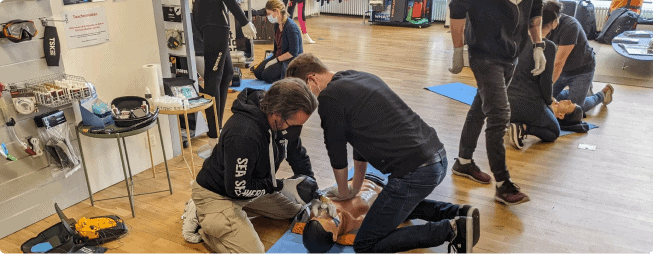
Africans are looking to take emergency training workshops in Norwich so as to equip themselves or individuals with the necessary skills to respond effectively to medical emergencies. These workshops cover a range of first aid courses, including Emergency First Aid at Work (EFAW), Paediatric First Aid, and Automated External Defibrillator (AED) training. Training providers include Easybook Training, Anglian Training, and Safe Haven Training Ltd. Importance includes life-saving skills, legal compliance, and confidence in handling emergencies. Always consider course content, accreditation, location, and schedule when choosing a workshop for effective preparedness and response in emergency situations.
Public Safety Alerts
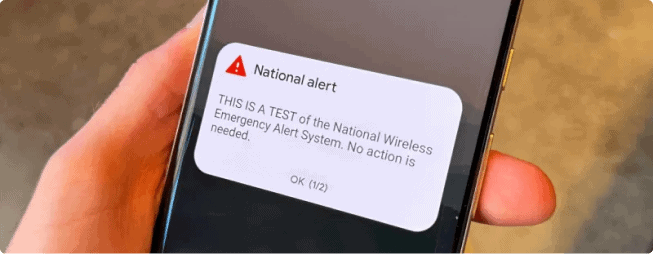
Africans can make good use of these alerts to ensure their community is informed and prepared for emergencies, enhancing public safety and resilience in Norwich. Norwich City Council, Norwich University Department of Public Safety, and Norwich Public Utilities. They enhance emergency preparedness, provide timely communication, and foster community engagement. They also give evacuation notices, weather alerts, and safety advisories. Register for alert services, follow official channels, and prepare an emergency kit.
Blood Donation Centers
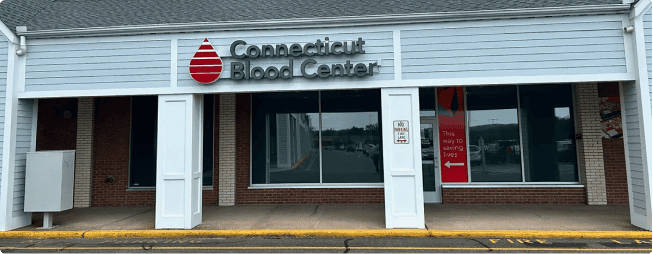
Blood donations are crucial for saving lives, as the donated blood is used for various medical treatments, including surgeries, trauma care, and cancer treatments. A steady blood supply is also essential for emergency preparedness, ensuring hospitals have an adequate stock of blood for immediate use. Key centres include (i) Connecticut Blood Centre (ii), CSL Plasma, and Rhode Island Blood Centre. The donation process involves registration, screening, and donation. Also, donors must meet eligibility criteria and can donate whole blood every 56 days.
What to Look Out For
- Understanding warning signs like difficulty breathing, chest pain, sudden weakness, and confusion that indicate the need for immediate medical attention.
- Knowing when to seek emergency services, especially for life-threatening conditions like heart attacks or strokes, to ensure timely intervention.
- Being aware of signs of distress in children, such as rapid breathing, bluish skin, or persistent fever, which require urgent medical evaluation.
- Understanding the different levels of emergency warnings, such as advice, watch and act, and emergency warning, to gauge the severity of a situation and take appropriate actions.
- Accessing reliable sources of emergency information, such as official websites, emergency apps, or local authorities, to stay informed and prepared during emergencies.

